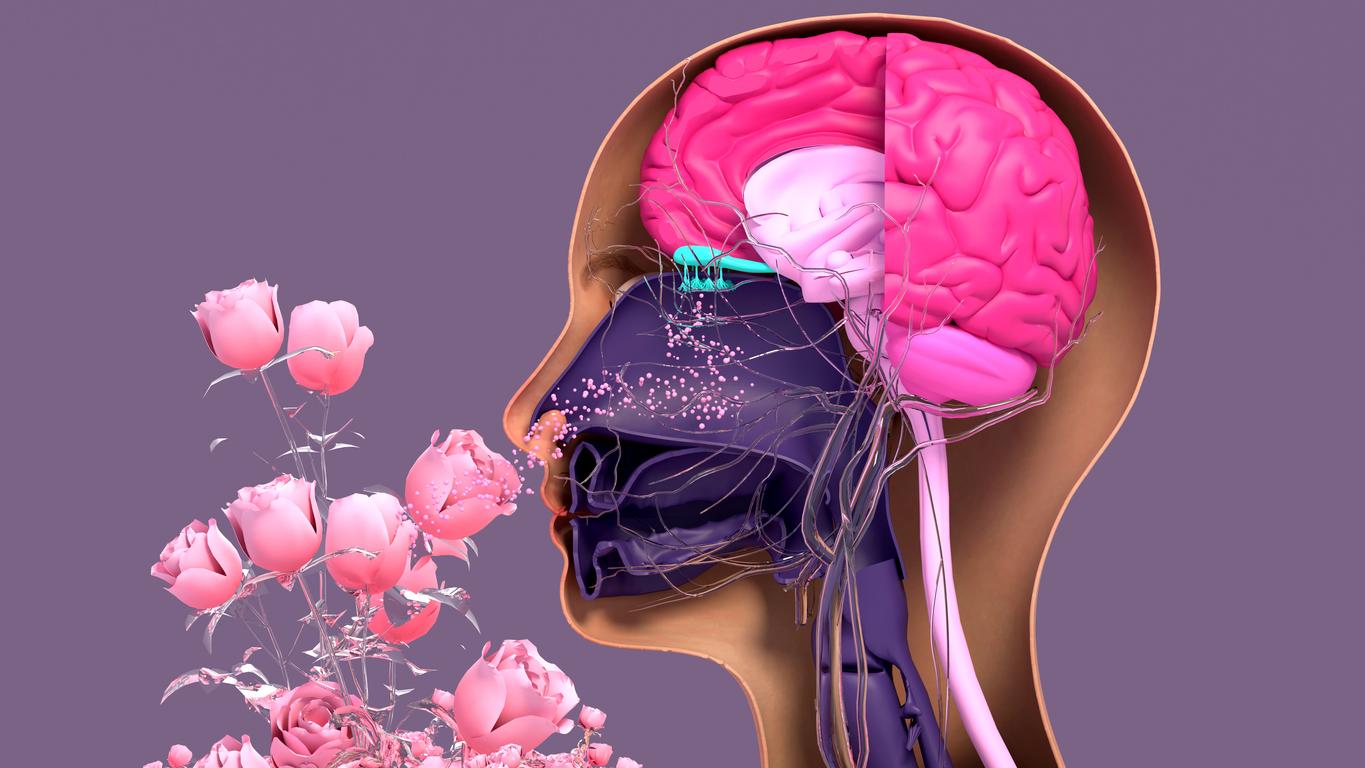Evidence of interaction between emotion processing and memory processing brain regions has been published.

- Emotions enhance the ability to retrieve contextual details.
- Recorded MRI data showed that emotional enhancement in memory for contextual details is linked to increased activity in the medial temporal lobe and ventrolateral prefrontal cortex.
- These results indicate that possible training interventions can help reduce the decontextualization found in patients affected by post-traumatic stress.
In emotional situations, people often focus more on the main subject, for example the crashed car, the screaming stranger, the crying child, and less on peripheral information. “The prevailing view suggests that emotions impair memory for contextual details, but there is also evidence that they enhance it,” wrote researchers from the Beckman Institute for Advanced Science and Technology (United States) in a study published in the journal Journal of Experimental Psychology: General.
Emotions help people remember contextual details
To disentangle fact from fiction, they conducted three interconnected interventions integrating the following characteristics: testing memory for contextual details with increased specificity, distinguishing the precision of subjective and objective memory, taking into account emotion-attention interactions via the eye tracking and manipulation tasks, and use stimuli “with integrated element-context content”.
After linking behavioral, attentional, and brain imaging data, the authors found that emotions improved the ability to retrieve contextual details. In emotional situations that participants remembered accurately, functional magnetic resonance imaging data showed an interaction between emotion-processing and memory-processing brain regions, which promoted memorization of contextual details.

Post-traumatic stress: a discovery that could prevent decontextualization
Scientists hope this discovery will contribute to strategies to prevent decontextualization and promote recontextualization. Memory decontextualization, a disconnect between the memory of a traumatic event and its context, is present in patients suffering from post-traumatic stress. This causes the memory to be easily activated by unrelated triggers. “As a reminder, having a memory-based mindset when experiencing and retrieving something we want to remember is key to our memory success,” concluded Florin Dolcos.













